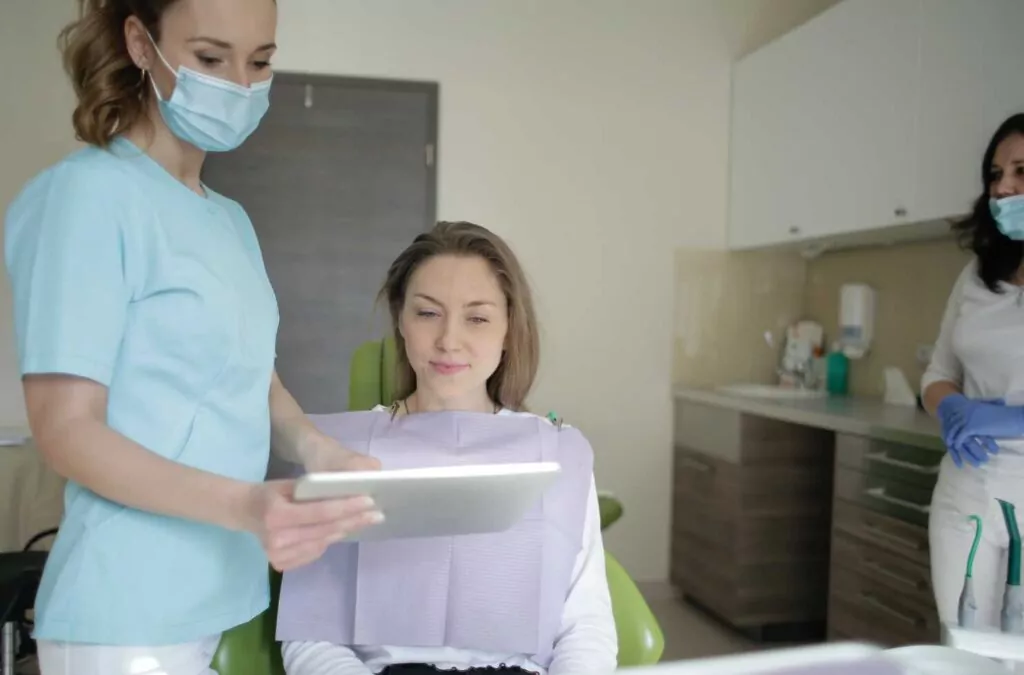If you’re a person who has a genuine interest in the wellness and health sector and envisions making a positive impact on people's health, a career as a health educator might be a compelling choice.
Delving into health education unveils a profession that goes beyond conventional roles, aiming to help people and communities with knowledge and habits beneficial to a healthier lifestyle. In this article, let’s explore what a health educator is and everything you need to know.

What Is Health Education?
Health education serves as a cornerstone, providing individuals, especially students, with the knowledge and tools to make informed decisions about their well-being. In the educational context, health educators play a crucial role in creating an environment where students feel comfortable asking essential health-related questions.
The impact goes beyond the classroom as health education reaches communities, particularly those at risk, offering vital resources for health and disease prevention.
The legacy of healthier lives is a direct outcome of students learning to advocate for their health and that of their families and communities. Non-profit organizations, aligning with community services, often seek specialized health education to tailor interventions for the populations they serve.
This collaborative approach emphasizes the importance of health educators in addressing the diverse needs of communities and fostering a culture of health and well-being.
What Is a Health Educator?
A health educator is a professional who actively contributes to shaping and sustaining healthy habits, working collaboratively with groups of varied sizes, from individuals to larger communities.
To comprehend the essence of this career, it's essential to explore some key responsibilities of health educators and how they leverage behavioral theories to promote population health.
Health educators adopt a comprehensive approach to applying evidence-based interventions, modifying health behaviors, and adapting to evolving population needs. For instance, they may enhance awareness of health insurance and enrollment processes to help underserved populations access healthcare.
Community health needs assessments, policy adjustments to increase preventive care access, and fortifying clinical and community collaborations are all within the purview of health educators.
The Duties of Health Educators
The duties of health educators span a wide spectrum, including interactions with both adults and children to instill healthy habits. Some regular tasks include:
- Understanding the specific health needs of the community being served.
- Assisting individuals in acquiring relevant information about health issues.
- Aiding individuals in managing existing medical conditions.
- Creating and leading programs and workshops tailored to meet healthcare needs.
- Educating community members on pertinent health and wellness information.
- Providing personalized support to those who need it the most.
- Consulting with healthcare professionals, medical facilities, and educators.
- Gathering and analyzing data to guide the development of new services and initiatives.
The specific health issues addressed by health educators vary based on the community they serve. Common topics include smoking cessation, substance abuse prevention, promoting healthy eating habits, and encouraging physical activity.
The Work Environment of a Health Educator
The work environment of health educators mirrors the diversity of the populations they serve. While many work out of an office, a significant portion of their time is spent in the community, attending meetings, and conducting workshops at local venues.
Office responsibilities include data gathering, report filing, and program planning. In the community, health educators engage in meetings, program presentations, and one-on-one visits. Currently, several health educators use allied health software to streamline their in-office work and increase their productivity.
While regular office hours are common, the demands of the community may occasionally require weekend or evening work. This flexibility ensures health educators are responsive to the unique needs of the communities they serve.

